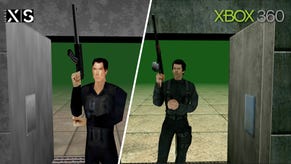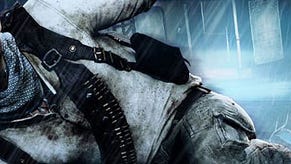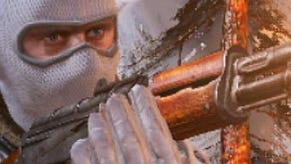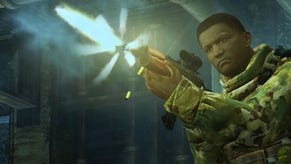I can’t wait for GoldenEye 64 Remastered – though I have almost as much love for the Wii remake
As everybody collectively asks where the GoldenEye remaster is, I’m reminiscing about the other, just-as-interesting GoldenEye.
It’s impossible to argue that GoldenEye 007, aka GoldenEye 64, is anything less than one of the most important games ever made. But to me, as a James Bond fan, I’ve got just as much time for another GoldenEye 007: the 2010 remake and reimagining of the classic for the Nintendo Wii, later ported to the PS3 and 360.
If you believe the musings of your average internet-goer, this game isn't worth thinking about. It doesn’t have a patch on the N64 original. It’s a glorified Call of Duty clone, and so on and so forth. There’s a ring of truth to bits of this - but I firmly disagree that this title is worthless. In fact, in many ways, in 2022, I actually value GoldenEye 2010 just as much as its 1997 predecessor.
Before you scroll to the comments and unload the abuse – let me explain why.
The main reason I value the game is because, as a Bond fan, it’s an interesting curiosity. The 1997 GoldenEye is among the gold standard of movie tie-ins – arriving so late that the movie was out for much of the game’s creation, its developers were able to twist the story however they liked. Really, though, the N64 title was just a great-feeling game – which is why it is now most fondly remembered for its multiplayer shenanigans, which of course are entirely disconnected from the game’s narrative.
The 2010 GoldenEye takes the opposite path. In real terms, it is indeed a Call of Duty clone with some James Bond sauce smeared on top. But narratively, the 2010 GoldenEye is thrilling, and with hindsight on the Daniel Craig era of Bond in its entirety, quite unique.
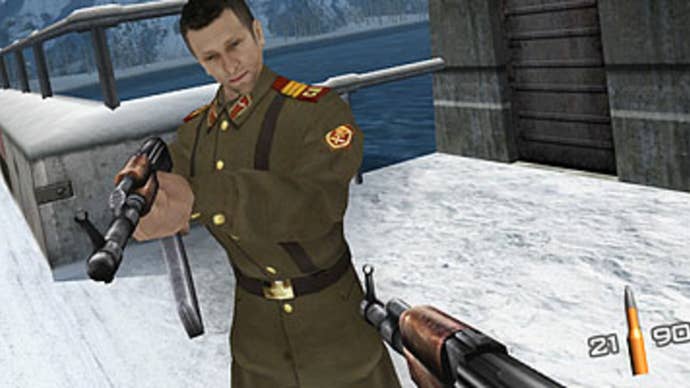
For better or worse, Daniel Craig’s Bond in cinema goes on quite an accelerated journey. In Casino Royale and Quantum of Solace, which take place back-to-back, he is an uncertain, rough-edged rookie, newly promoted to Double-0 status. In Skyfall, Spectre, and No Time to Die, he’s an aged, experienced agent. We go from the uncertain young Double-0 to a jaded old agent who might’ve lost his touch in between Craig’s second and third films – and though Bond gets his mojo back, he teeters on the edge of retirement for both of his remaining films.
Therefore, Daniel Craig never actually gets a film where he just gets to be what each of the other actors to play the role was: James Bond in his prime, the top agent of MI6 with swagger and relatively minimal baggage. You know where that does happen, though? In video games.
And so, we look to GoldenEye 2010, and also Blood Stone, for stories where Craig’s Bond, played by the man himself, is in his prime. Both games are set in between Quantum of Solace and Skyfall, though Blood Stone contradicts later films and is therefore decanonized. Blood Stone also isn’t as good, either as a game or a new Bond story. Craig’s retread of GoldenEye, however, remains intact. For me, it’s a crucial piece of who his Bond is – a glimpse into the height of his career.
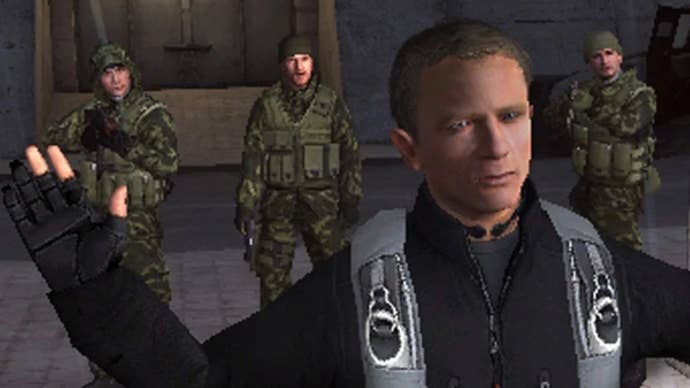
The game has legitimacy within the franchise, too. The modern-day adaptation of the concepts of GoldenEye is pretty sharp, considering the original story relies heavily on post Cold War intrigue that was less relevant by 2010. That’s probably in part because it was delivered by Bruce Feirstein, the same screenwriter who was behind much of the original film. Incumbent Bond composer of the time David Arnold returned for the game’s musical score, accompanied by TV composer Kevin Kiner. EON Productions, the company that holds the keys to the Bond franchise, was directly involved. So, too, was Daniel Craig himself, who was keen to make sure the tone and action in the story matched his more ‘physical’ take on Bond.
To this day, I remain fairly impressed by what a good job the team at now-defunct developer Eurocom and the various external collaborators did on adapting the story of GoldenEye to both Craig’s version of the character and to a very different decade. It strips away bits of the film that don’t work as well in a video game, or in the context of the modern age. It also switches some things around to pay homage to the original game, too, rejigging the story to justify some scenes and conceits that were present on the N64, but not in the film.
GoldenEye is very much a Bond film of its time, of an age in the nineties where computers were vaguely new and exciting – while Craig’s Bond is of course part of a more dry, post-9/11, post-Bourne vision of the franchise. Flipping that story around while still tickling at nostalgia for the original was no easy task. On that front, GoldenEye’s 2010 run-out absolutely delivers. It’s a worthy piece of the Craig Bond canon – and gives him an adventure free from the stupid ‘Bloefeld was pulling the strings’ retcon nonsense.
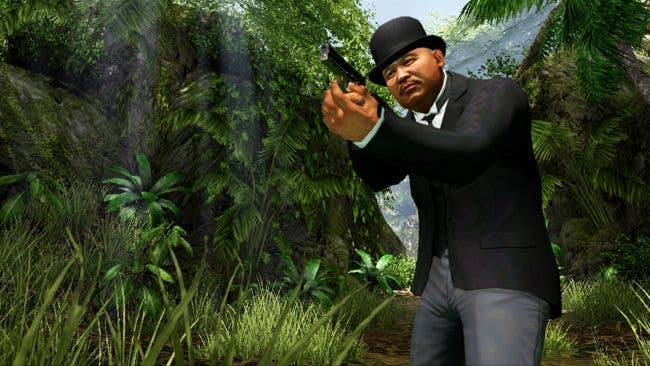
Just as the film was a relic of its time, so too is this game, though. It was released in the era of Call of Duty – and so that’s how it plays. A lot of aiming down the sites, a lot of shooting through cover, and a lot of rubbish-looking QTEs. It isn’t half the game that GoldenEye 007 on N64 is – and that’s fine. It’s interesting in its own unique way.
That’s really why I value this game as much as, if not even possibly more than the N64 original. The thing about GoldenEye is… what really made GoldenEye special has already been replicated, and it’s already available on modern consoles. Perfect Dark was given a high definition, high frame rate port to the Xbox 360, and that version runs magnificently on modern Xbox hardware. It was also packed into Rare Replay. That version of Perfect Dark features GoldenEye’s best multiplayer maps, and all of the game’s guns - just renamed to avoid any legal trouble. Perfect Dark has the best of GoldenEye. The only shame about that port is that it isn’t available on PC.
What GoldenEye 2010 offers is more unique. In truth, what it has isn’t found anywhere else – and now Craig has vacated the Bond role and with the next video game Bond wisely set to be discrete and separate from the film franchise – it probably never will be. Is it as good as Everything or Nothing, Brosnan’s best game outing? That’s a debate for another time. But don’t sleep on the 2010 do-over of GoldenEye – in some ways, it’s just as notable as its famed forebear.



